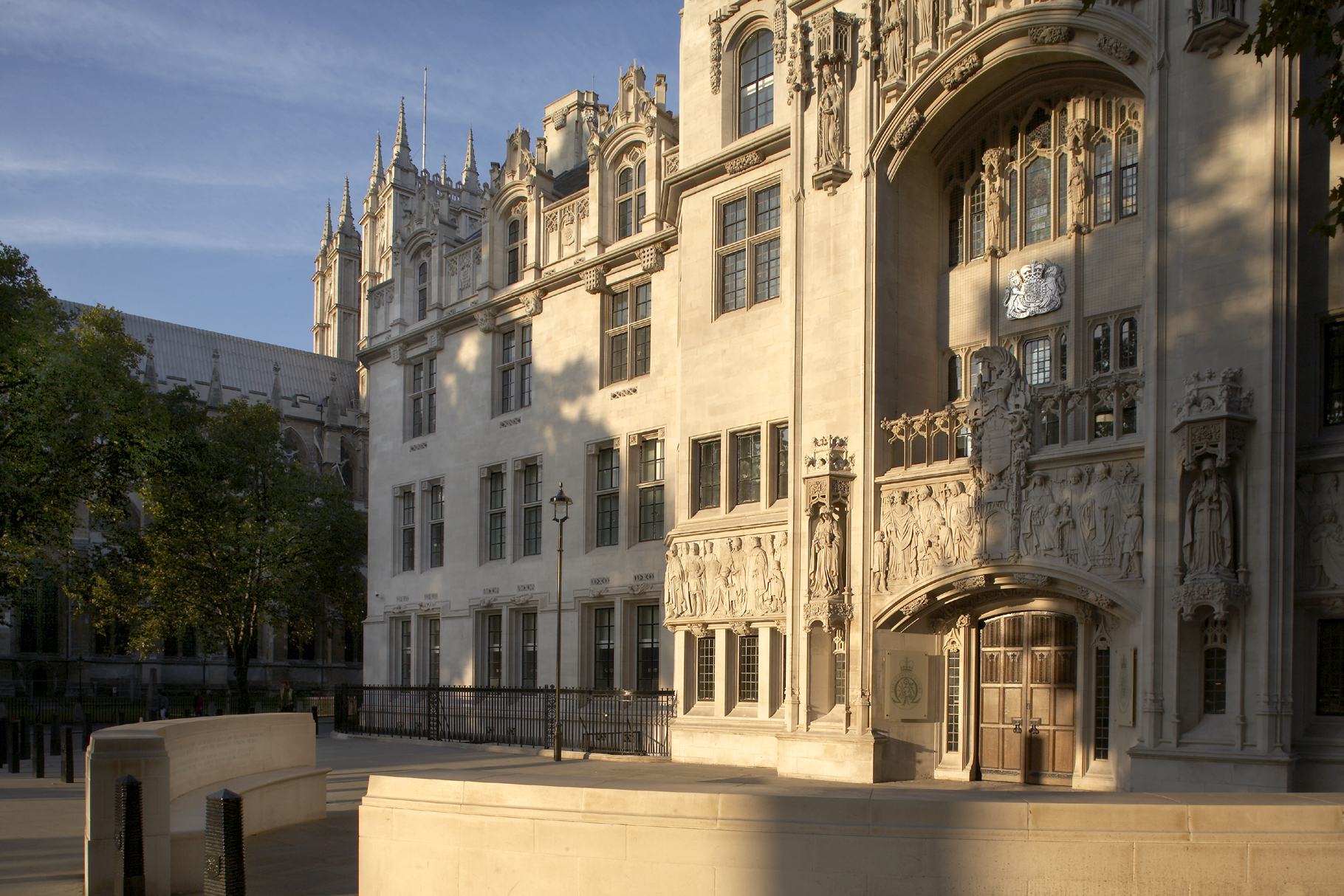Almost three quarters (73 per cent) of defined benefit (DB) pension schemes have taken no material action to change their investment strategy or journey plans amid Covid-19, according to research by Lane Clark and Peacock (LCP).
LCP’s Chart Your Own Course report revealed that just 10 per cent of schemes had reduced investment risk in light of the ongoing pandemic and market turmoil, although this was the most common change amongst those that had taken action.
Looking specifically at the impact on pension schemes themselves, almost half (45 per cent) stated that the pandemic had worsened their funding position, although 46 per cent stated that it had remained “about the same”.
More broadly, 43 per cent of respondents felt that both their funding and covenant positions were holding up despite the pandemic, whilst the remaining 57 per cent had seen either their funding (23 per cent) or covenant (28 per cent) deteriorate, or both (6 per cent).
Just under half (40 per cent) of DB schemes reported increasing the frequency of covenant monitoring amid this landscape, although the majority (54 per cent) had made no changes to this.
Almost two thirds (62 per cent) of DB pension schemes felt that it was too early to tell if the government initiatives have been enough to support scheme sponsors who are struggling, although 15 per cent felt that not enough has been done.
The government introduced a number of easements to support both pension schemes and sponsoring employers throughout the pandemic, including the option to defer deficit reduction contributions.
According to LCP's report, 7 per cent of schemes had agreed a deferral on contributions, with most of these being for a three month period, whilst the majority (88 per cent) of schemes stated that a deferral on DRCs had not been requested.
Commenting on the report, LCP partner and co-author, Jill Ampleford, stated: “Since the regulator set the direction of travel towards long-term journey planning back in March, schemes have had to navigate unexpected choppy waters as a result of Covid-19.
“We don’t know what the true economic fallout of the pandemic will be, so it’s understandable that schemes may want to simply batten down the hatches.
“However, schemes need to guard against inertia and instead make sure they have a robust journey plan.”
Looking forward, over a third (37 per cent) of respondents did not expect to have a contingent funding agreement in place at the next valuation, although a combined 39 per cent expected to have some contingent funding in assets, cash or credits in place.
However, some pension schemes have taken action, with almost half (48 per cent) of trustees having considered other investment opportunities since March 2020, and a further 29 per cent having already implemented opportunistic investments.
LCP have now urged schemes to take steps to prevent from being “buffeted by potential economic storms ahead” and ensure they are meeting any regulatory changes.
This includes keeping the destination of the scheme under review as new options emerge, as well as generally expecting the unexpected, with resilience to change potentially “the difference between success of otherwise".
Trustees were also urged to understanding the covenant, investment and funding risks and how they could jeopardise the long-term plan, with LCP predicting that innovative solutions involving contingent assets or contributions could be increasingly popular.
LCP investment partner and report co-author, Mary Spencer, added: “Schemes are expected to take account of a wide range of risks, including investment risk and the risk of the sponsor not being around in the future.
“It is vital that schemes review the extent to which Covid-19 has changed these two key factors and revise their approach.
“More generally risks don’t stand still, so a scheme’s ability to adapt to change could make all the difference”.
Latest News
-
TPR urges DB schemes to consider endgame strategies amid 'step change' in funding levels
-
Pensions UK urges govt to withdraw mandation power from Pension Schemes Bill
-
Pensions Age Awards 2026 winners revealed
-
Value leakage presenting ‘major challenge’ for DB pensions sector
-
Trustees urged to avoid treating first ORA as ‘compliance exercise’
-
Retirement advice approaches evolving amid regulatory and policy changes
THE ROLE OF INSURANCE LINKED SECURITIES (ILS) IN PENSIONS TODAY
Francesca Fabrizi sits down with Leadenhall Capital Partners Senior Managing Director, Alistair Jones, to talk about the role of Insurance Linked Securities (ILS) in pension fund investing today
Private markets – a growing presence within UK DC
Laura Blows discusses the role of private market investment within DC schemes with Aviva Director of Investments, Maiyuresh Rajah
Podcast: From pension pot to flexible income for life

Podcast: Who matters most in pensions?

In the latest Pensions Age podcast, Francesca Fabrizi speaks to Capita Pension Solutions global practice leader & chief revenue officer, Stuart Heatley, about who matters most in pensions and how to best meet their needs
© 2019 Perspective Publishing Privacy & Cookies









Recent Stories